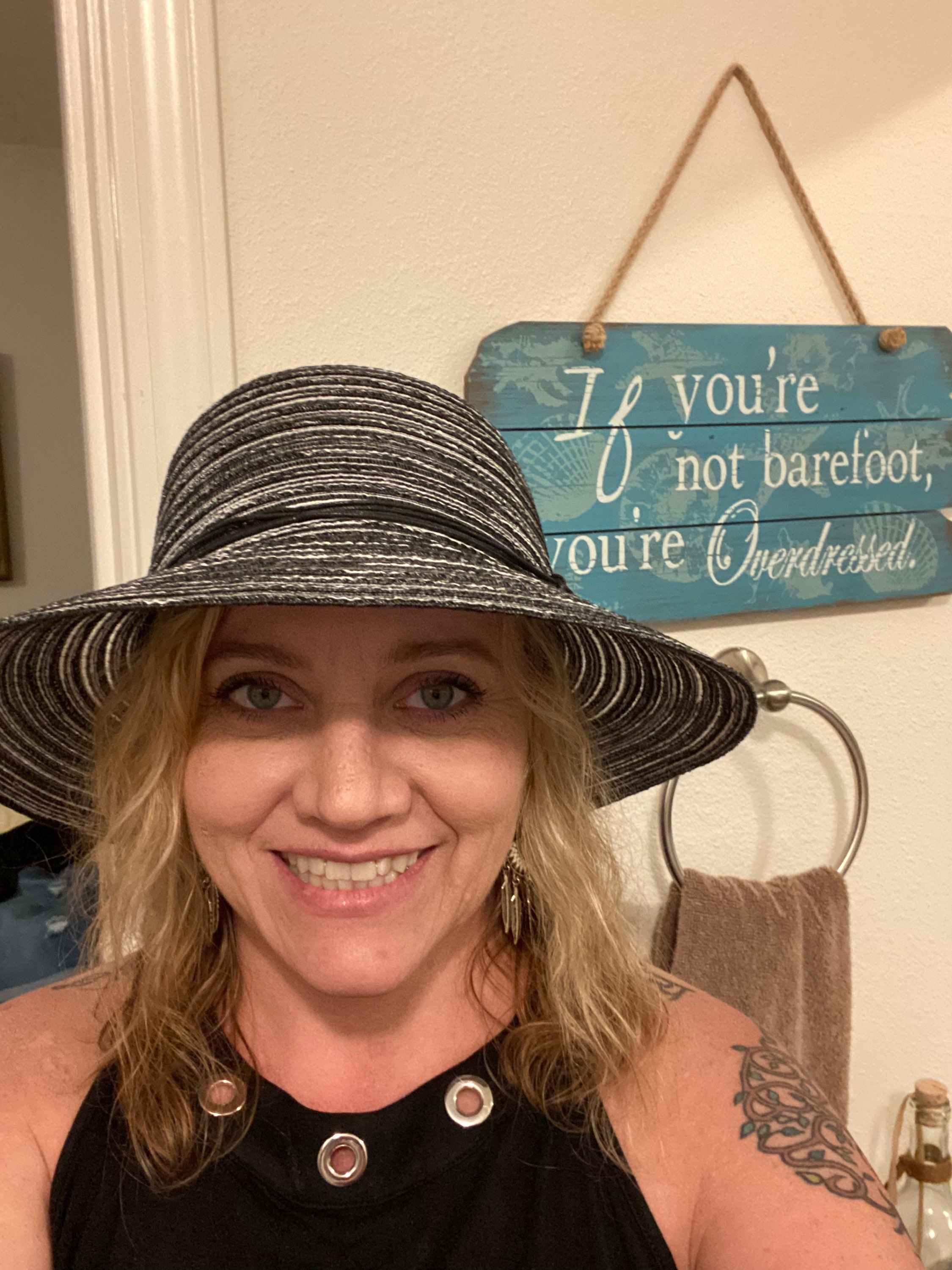What is a doula for the dying?
- Michelle Garrido

- Jan 2, 2024
- 3 min read
Updated: Jan 4, 2024

In end-of-life care, a compassionate and supportive presence can make a huge impact for individuals facing their final days. Just as birth doulas provide emotional and physical support during childbirth, a "Doula for the Dying" is a trained individual providing support to dying individuals and their loved ones. In this blog, we will explore the significance of a doula for individuals navigating the profound experience of the end of life.
Understanding the Role of a Doula for the Dying
A doula for the dying, often referred to as an end-of-life doula, death doula, or death midwife, is a compassionate companion who provides emotional, spiritual, and practical support to individuals and their families as they approach the end of life. Doulas for the dying do not provide medical care. They instead focus on the holistic well-being of the individual, ensuring that their emotional and spiritual needs are met during this sacred time.
Key Responsibilities of a Doula for the Dying
Emotional Support:
End-of-life doulas offer a compassionate, non-judgmental presence, providing support for individuals to express their fears, regrets, and final wishes and creating a safe space for emotional release and healing.
Facilitating Conversations:
Doulas for the dying often assist in initiating important conversations between the dying individuals and their loved ones about the end of life, including wishes for after death, funeral arrangements, legacy projects, and more. These discussions can be difficult, and a doula can guide them with sensitivity and empathy.
Creating Sacred Space:
Doulas for the dying understand the importance of creating a peaceful and comfortable environment. They may assist in setting up a sacred space that aligns with the individual's beliefs and preferences, giving the dying individual control over their environment and how they will experience their final days.
Providing Practical Assistance:
From helping with daily tasks to coordinating with other care providers, end-of-life doulas offer practical support to both the individual and their loved ones. This can include organizing meal deliveries, coordinating visitors, doing errands, etc.
Exploring Spiritual and Existential Concerns:
Doulas for the dying are prepared to help individuals explore their own spiritual beliefs and help with life review to address any spiritual and existential questions that often arise at the end of life.
Benefits of Doula Support
Enhanced Quality of Life:
The presence of a doula for the dying contributes to an improved quality of life during the end-of-life by addressing emotional and spiritual needs. Exploring these needs and discussing them with a doula may create a greater sense of peace and acceptance.
Family Support:
End of life is a challenging time for all involved. Doulas for the dying not only support the dying individual but also provide guidance and assistance to family members and loved ones. A doula may provide respite to an exhausted caregiver or provide education surrounding death and dying, lessening the anxiety often felt by the loved ones.
Empowerment and Dignity:
End-of-life doulas empower individuals to make choices that align with their values and beliefs, promoting a sense of dignity and control over their end-of-life experience, essentially being an advocate for the dying individual.
Doulas for the Dying recognize the profound impact that compassionate and holistic support can have at the end-of-life. Through emotional, spiritual, and practical assistance, these dedicated individuals provide a loving, non-judgmental presence, allowing individuals and their loved ones to navigate their end of life transition with grace and dignity. As society continues to explore new approaches to end-of-life care, the presence of doulas for the dying stands as a testament to the healing power of empathy and companionship during life's most delicate moments.
Comments